
Building Bridges with Communities, Not for Them
Students constructing a 122-meter footbridge in Eswatini benefit from the work just as much as those who will use it on a daily basis.
A group of students in Duke Engineers for International Development spent their summer improving the lives of the residents of a small Bolivian town
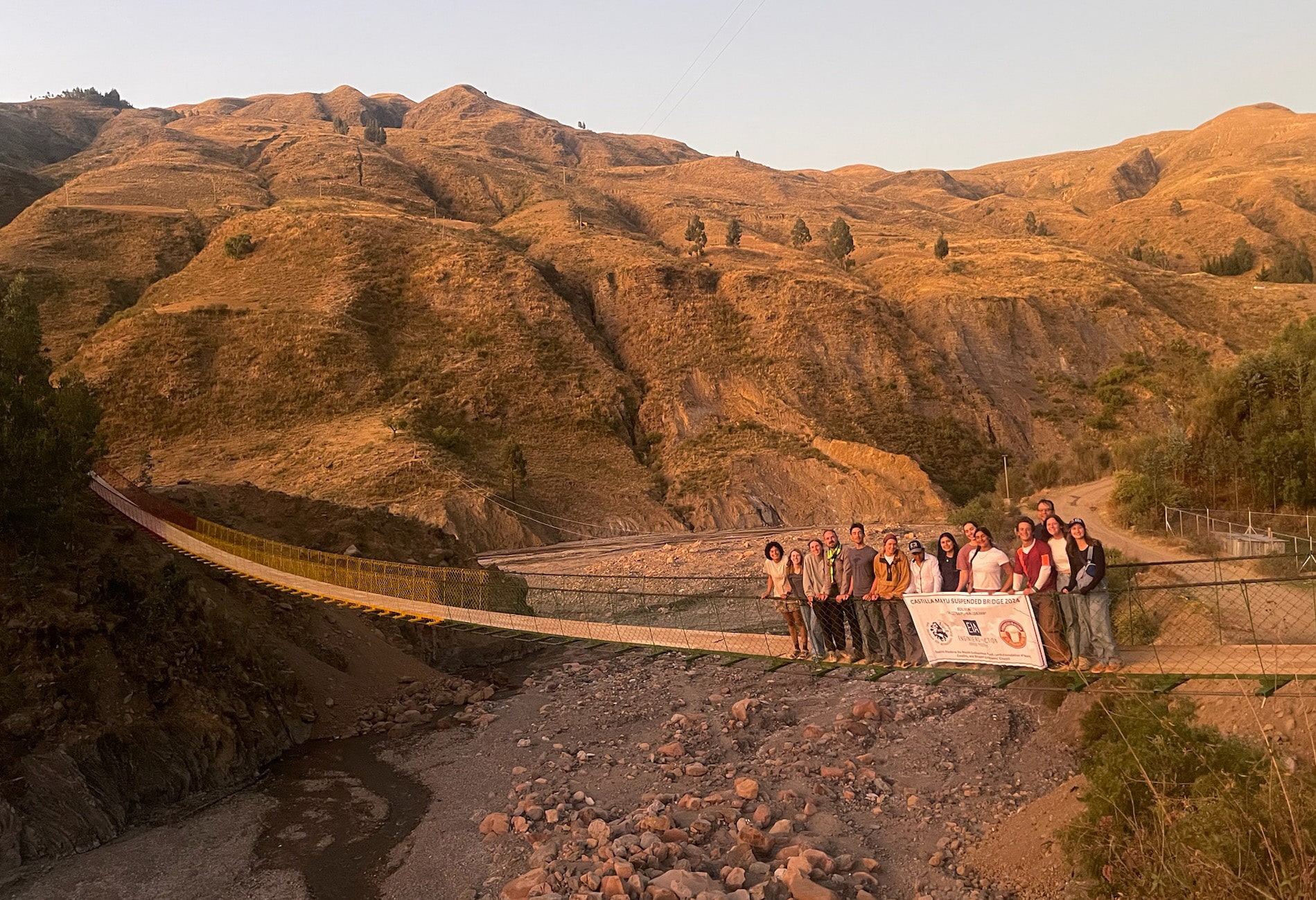
Toracarí is a rural town in Bolivia with approximately 500 residents. The town features two schools, a health post, a community garden and stores known as tienditas that offer a variety of goods.
But in the rainy season, reaching these community resources can be a life-threatening challenge for many of its residents. That’s because the Castilla Mayu river surrounds Toracarí and, during Bolivia’s rainy season, transforms into a formidable barrier. The relentless rainfall can raise water levels to chest and hip height, leaving locals to risk dangerous crossings, often with tragic consequences. This not only threatens lives—particularly those of children on their way to school and adults seeking basic necessities—but also perpetuates cycles of poverty by restricting access to education, healthcare, and employment opportunities.
A group of students working within the Duke Engineers for International Development (DEID) organization traveled to the town this summer to fix these issues through the construction of a pedestrian bridge. Partnering with Engineers in Action (EIA), which oversaw the project and helped coordinate teams at Virginia Tech and Texas A&M, the students spent the school year planning their project.
“There is a ton of behind-the-scenes work that goes on to make these projects possible,” said Lily Jarosz, a junior studying civil engineering at Duke.
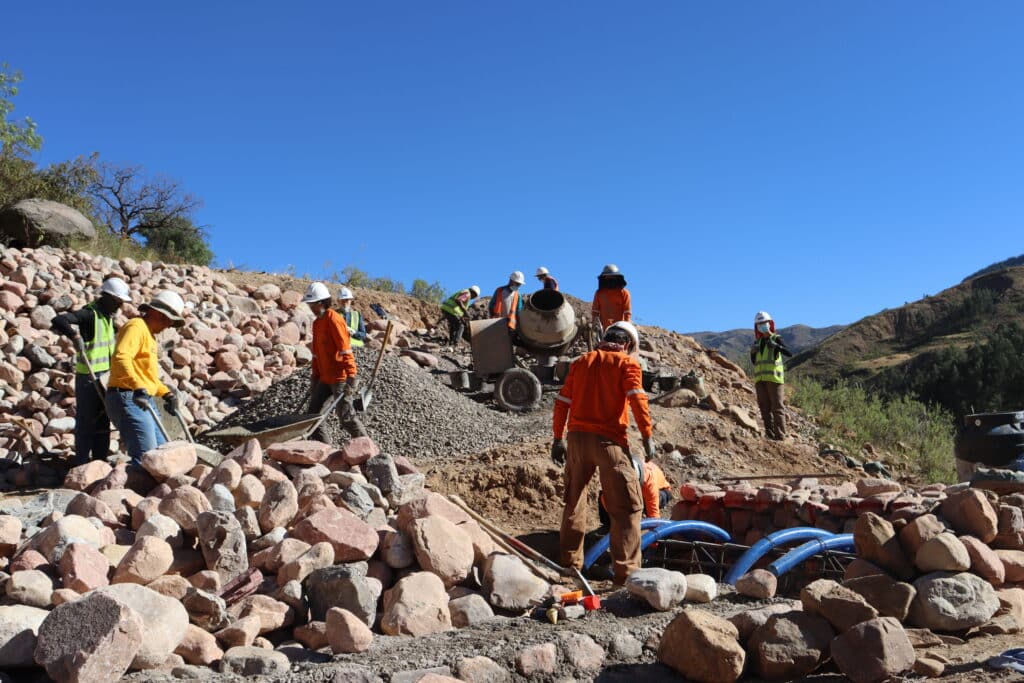
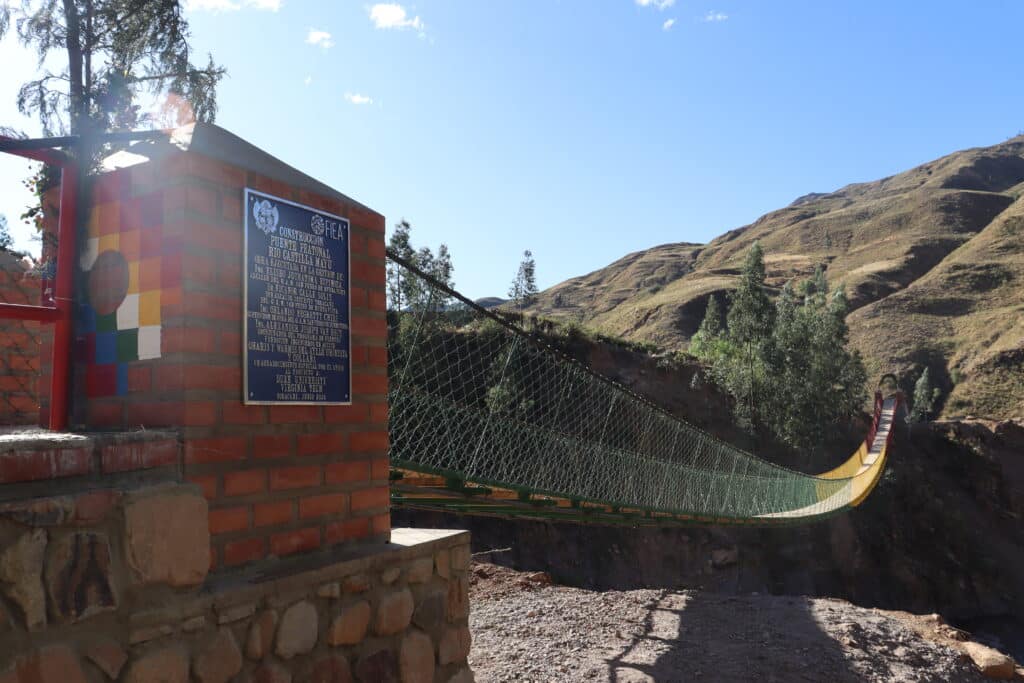
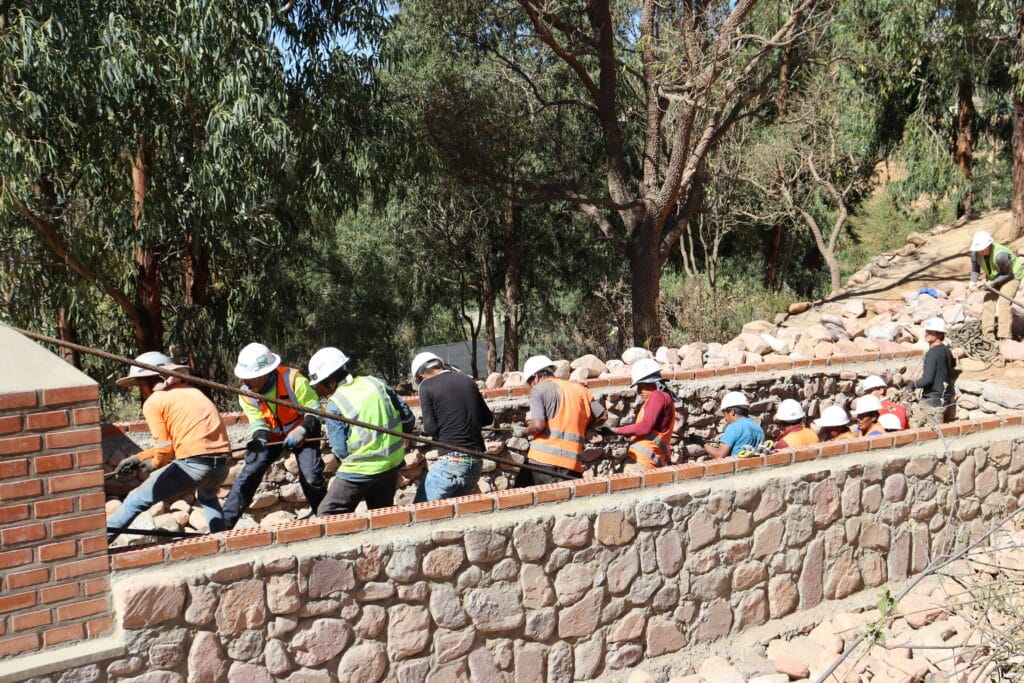
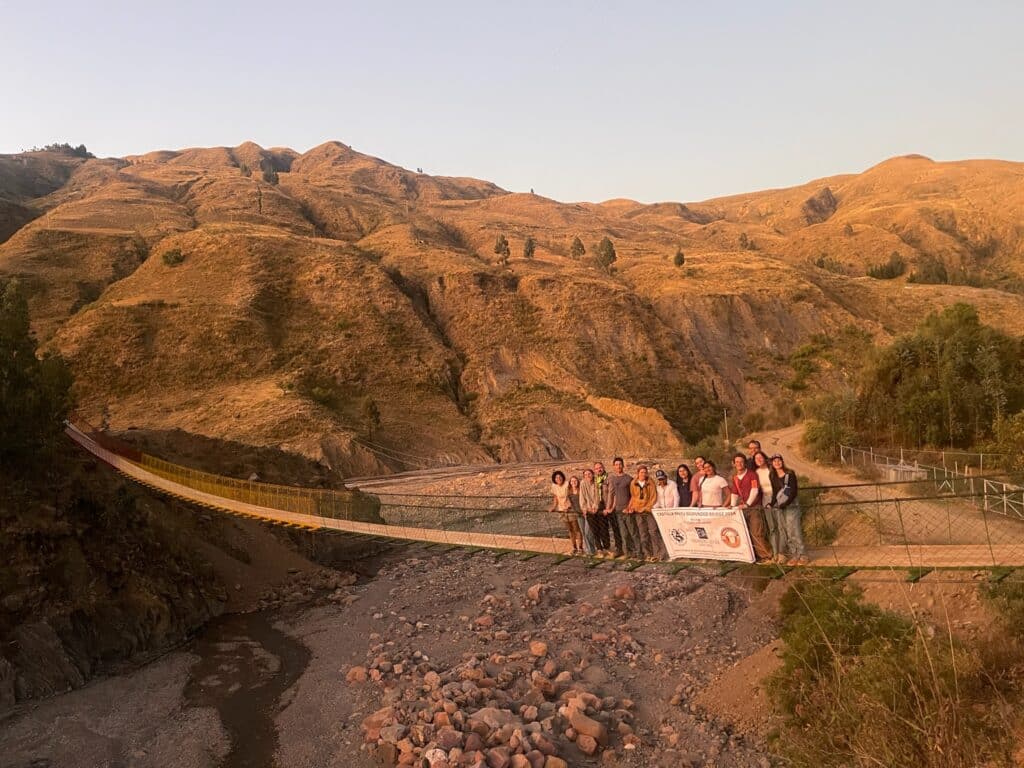
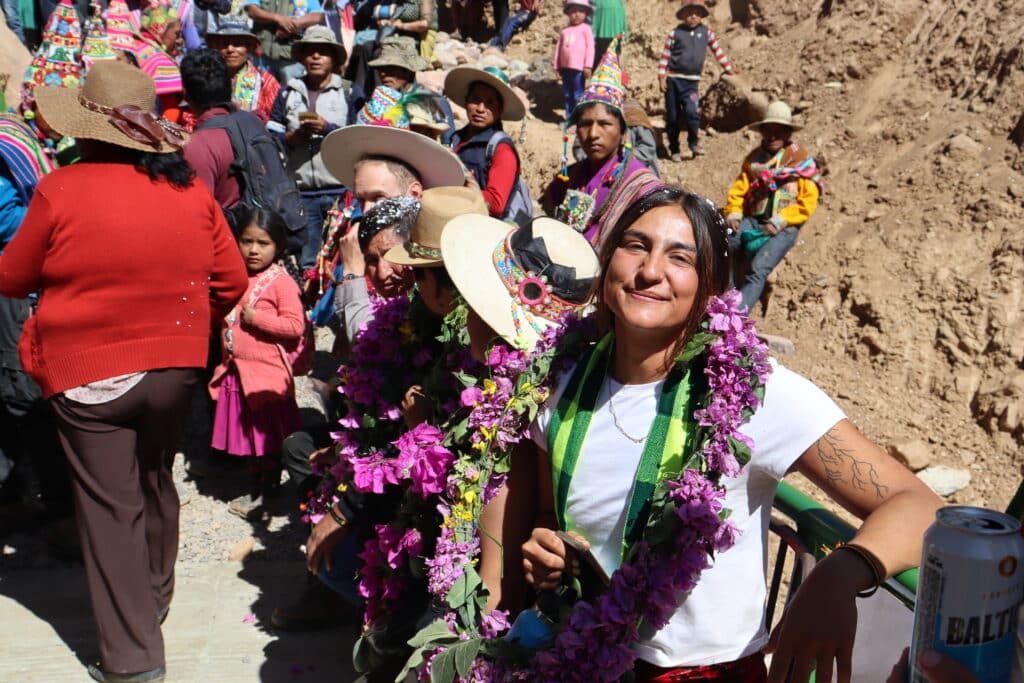
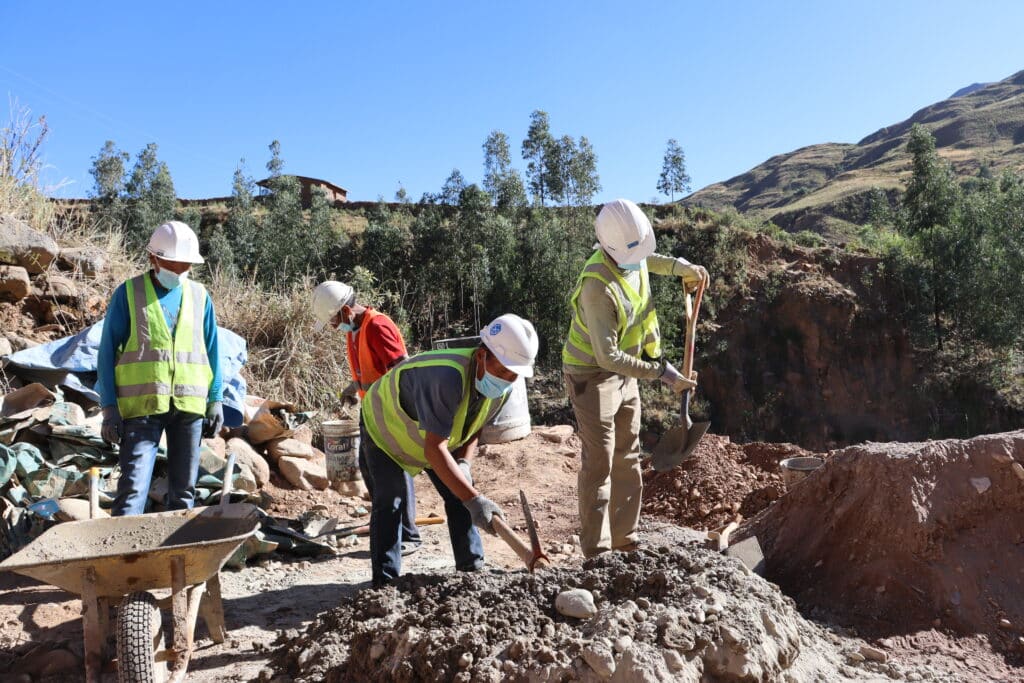
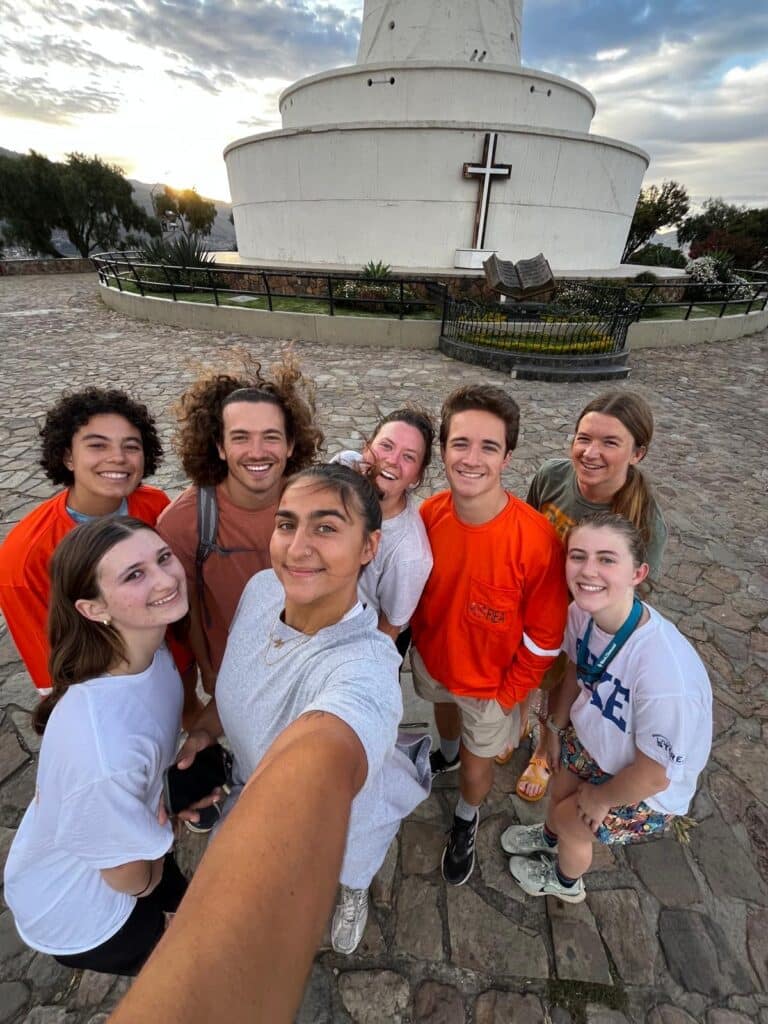
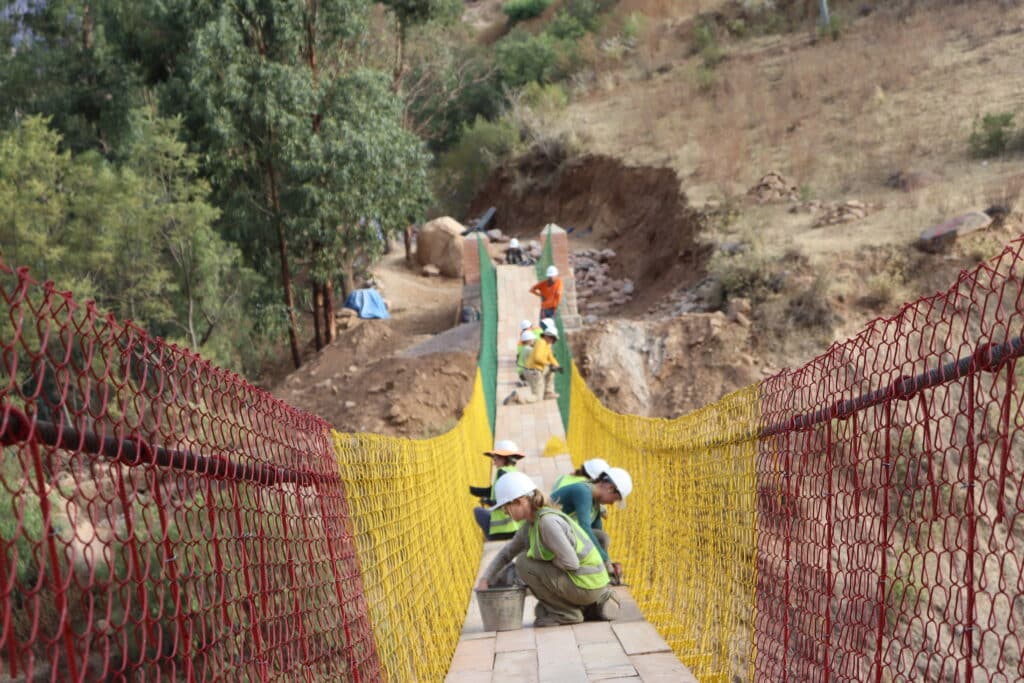
The collaboration is responsible for submitting three reports that detail site overview, design, and general logistics and safety for the project. These are reviewed by certified engineers through EIA that help ensure the group has its bases covered prior to the summer’s construction. Besides providing a lifeline for residents, the opportunity to implement their designs in person offers students a unique, hands-on opportunity to apply their academic knowledge in real-world scenarios.
Upon their arrival in Bolivia, the team immediately launched into an intense, six-week construction effort. Following the lead of four expert masons and various groups of community members, students worked alongside the locals to co-construct the bridge. Each student played a crucial role in project management, ensuring that designs were accurately implemented, and maintaining safety standards.
On June 22, the construction officially concluded, culminating in a celebration known as the entrega, where the team and the community gathered to commemorate the completion of the new bridge.
“I feel like participating in a project like this is crucial in providing perspective to future engineers,” Jarosz said. “It’s important to have perspective when it comes to realizing that the designs that we submit are not just lines on a paper, but actual work and sweat hours that people must put in. I also feel this trip really enforced the importance of stepping out of a comfort zone to grow. The ones that reaped the most from the experience were definitely those that attempted to speak the language and expand their horizons culturally.”

Students constructing a 122-meter footbridge in Eswatini benefit from the work just as much as those who will use it on a daily basis.
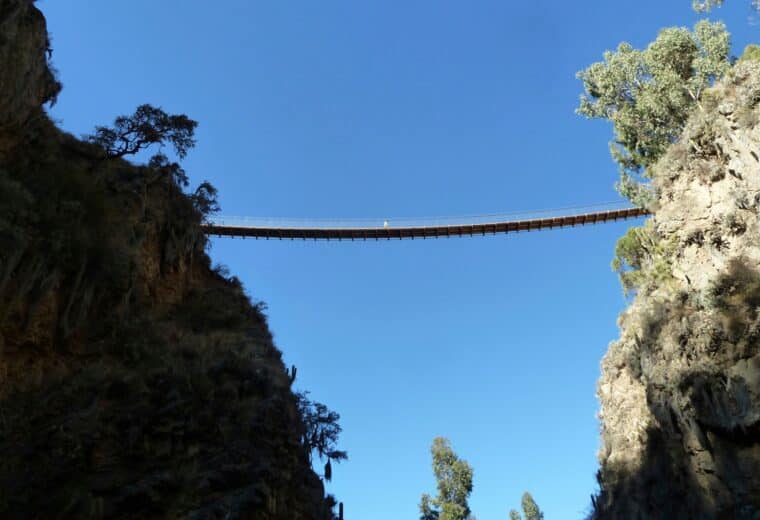
Duke CEE attracts a particular type of student: scrappy, resourceful and deeply interested in improving human health and the state of the environment. Many of these students focus on global development projects; others are exploring science communication as a new avenue to create meaningful change